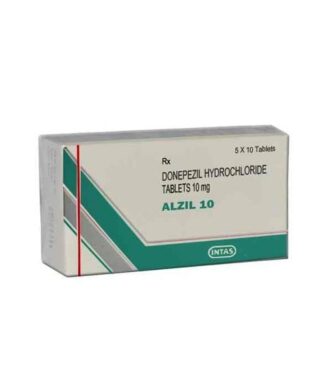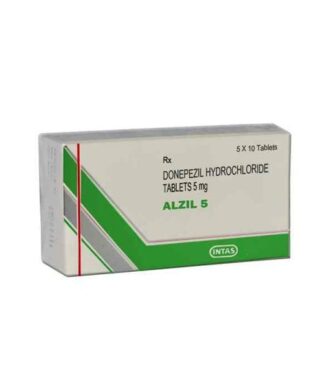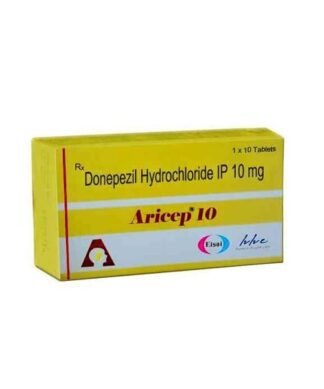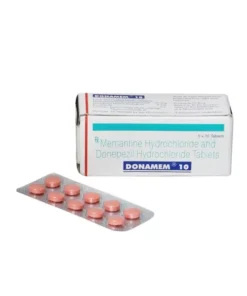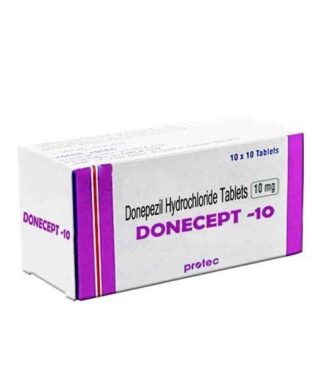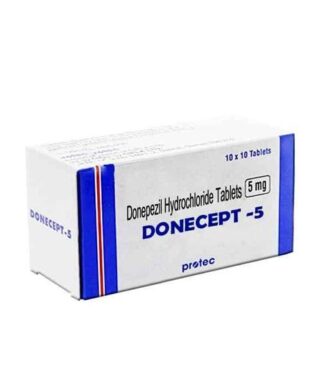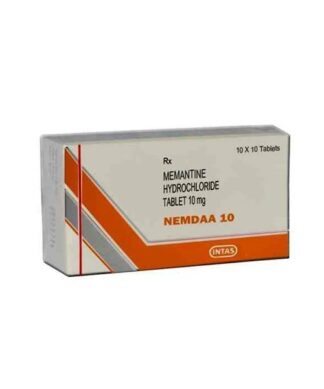Alzheimer's
- Alzheimer's disease turns more positively adverse over time. The brain alterations caused by the production of plaques, which are molecules that clump together like a plaque, lead to Alzheimer's disease.
- Alzheimer's disease is one of the major causes of dementia, reducing overall brain size and causing the death of brain cells. The majority of cases of dementia are caused by Alzheimer's disease, which is responsible for the deterioration and loss of cognition at an accelerated rate in individuals at various levels.
- Estimates indicate that Alzheimer's disease affects almost 6.5 million people among residents in the US over 65 years.
- People 75 years old and older make up forty percent of them. It is estimated that 36 million people worldwide now suffer from dementia, and around 60-70% of that total number are likely to have Alzheimer's.
- The early noticeable symptoms for Alzheimer's include forgetting recent words or conversations. Alzheimer's ultimately leads to end stage memory loss and a decrease in activity of daily living.
- People suffering from such an illness may benefit from medications that slow down or alleviate the symptoms. Programs and IT-supported services often make patients and their caregivers feel more valued.
- There is no medication that does not leave a bridge to a cure for Alzheimer's disease. Severe brain dysfunction can appear in later stages, causing mortality due to diseases like dehydration, undernutrition, or infection, the intricacies of which can cause mortality.
What are the causes of Alzheimer's Disease?
- Researchers have made some progress in learning the reason of Alzheimer's disease, but they have not yet fully unmasked the contributing factors. However, the brain ends up not functioning properly, and it is likely due to the malfunction of neurons (brain cells) and a series of toxic actions.
- Neurons are destroyed, become disrupted from their sync, and start to die. Studies show that in many cases, Alzheimer's develops from a combination of genetic, lifestyle, and environmental factors that can develop into a serious mental illness if they remain in the brain for a long time.
- However, in less than 10 percent of cases, genetic factors that increase the severity of the disease may result in a poor disease onset in younger years. The brain areas that remember and learn have the first chance of being damaged quite far ahead from when the symptoms are evenly recognized.
- However, the activities that constitute these damages and the level of independence may vary depending on the progression of the disease, until finally, the brain shrinks considerably.
Symptoms of Alzheimer's
- The inability to remember new information (which you have learned recently) is the first symptom that recurrently occurs in the early stage of Alzheimer's.
- Indeed, just like our bodies, our brains also grow older with us. A majority of us identifies this stage where we realize that we have already experienced slurred thinking and occasional problems with forgetting some things.
- Nevertheless, total blanking out or confusions or even the deterioration of the manner in which our minds work may indicate that brain cells are defective.
- Alzheimer's disease generally begins with the part of the brain that is responsible for the learning process. This is the first area of the brain that progresses into a dementia state.
- Step by step, Alzheimer's crosses the brain, so the symptoms become progressively worse: disorientation, mood and behavioral changes; instances of being out of touch with events, time, and space; distrust like that from strangers and professional caregivers; more severe memory decay and peculiar behavior; and, eventually, difficulty speaking, swallowing, and walking.
- A person suffering from a mental decline or a potential interruption of Alzheimer's disease may lack the idea that they face trouble. Initially, it may be rough for the member of the family or friend to notice the symptoms of dementia.
- People who suffer from brain disorders like dementia must be seen by a doctor. If you need the provision of a doctor who has some background in evaluating memory problems, the Alzheimer's Association, in your local area, can help you with the matter.
- Timely diagnosis methods, intervention techniques, and available supportive resources emerging dynamically can enhance the quality of life earlier on the journey to complete recovery.
- You can seek support from two of our online communities that will really help you: ALZ Connected, which is the area for discussion and social networking, and Alzheimer's Navigator, which is a tool you can configure to give suggestions based on your own answers through a few online questions.
What does Alzheimer’s disease burden in the United States?
- Alzheimer’s disease is one of the top 10 leading causes of death in the United States.2
- The 6th leading cause of death among US adults.
- The 5th leading cause of death among adults aged 65 years or older.3
In 2020, the United States had about 5.8 million people aged 65 years or older who had Alzheimer’s disease, but data from the US Census Bureau reveals that this number is projected to rise to more than 14 million people by 2060.
In 2010, projections estimated that the costs of treating Alzheimer’s disease would be somewhere between $159 and $215 billion. However, by 2040, these projections indicate that the value could rival between $379 and $500 billion.
The death rates for Alzheimer’s are increasing, which contrasts with the declining rates of cancer and heart disease. Additionally, there is a high level of misdiagnosis of dementia, including the Alzheimer’s type, on death certificates.
Consequently, an inappropriately low percentage of aging people who die from dementia is reported.
Other Risk Factors
Additionally, the latest research suggests that other factors also play an important role, although this does not imply that these factors directly cause dementia.
These include:
- Hearing loss
- Untreated depression (though depression can also be one of the symptoms of Alzheimer’s disease)
- Loneliness or social isolation
- A sedentary lifestyle






